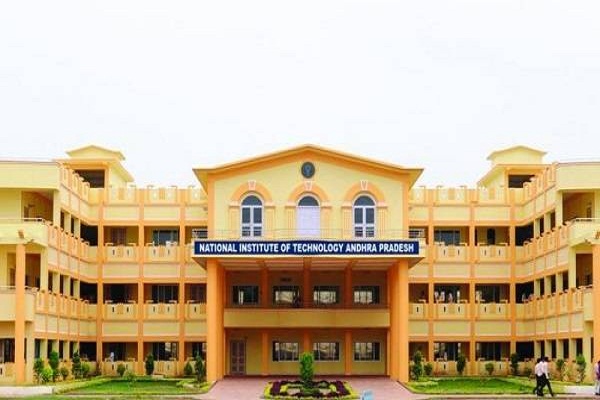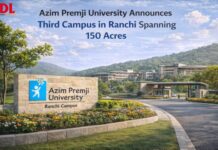
National Institute of Technology (NIT) Andhra Pradesh to work on research-based local community service projects. To implement it, NIT is collaborating with state universities. It will also implement joint academic programmes at undergraduate and postgraduate levels.
The memorandum of understanding (MoU) was signed between NIT Andhra Pradesh Jawaharlal Nehru Technological University (JNTU), Kakinada, Dr YSR Horticulture University, Tadepalligudem and Adikavi Nannaya University, Rajahmundry. Professor CSP Rao, Director, NIT Andhra Pradesh, professor GVR Prasada Raju, Vice-Chancellor, JNTU Kakinada, professor T Janakiram, Vice-Chancellor, Dr YSR Horticulture University, and professor M Jagannadha Rao, Vice-Chancellor, Adikavi Nannaya University.
The collaboration aims to include various research initiatives, guiding students on thesis, continuing education activities, faculty exchange programmes, organising training, sharing best practices, development activities, design, and implementing joint academic programmes at undergraduate and postgraduate level in their institutes.
The chief guest of the occasion was Professor K Hemachandra Reddy, Chairman, Andhra Pradesh State Council of Higher Education, he said, “As per the recommendations of AP Higher Education Planning Board, this Regional Cluster Group is to requested to study the potential areas for inter-institutional collaborations among the Central and State Universities in the districts and mapped to collaborate in the areas of academic programmes, faculty exchange, student exchange, common research projects, community service projects, sharing of infrastructural and research resources, among others. We are expecting to create a new knowledge forum as an outcome of this collaborative activity for universal needs.”
Professor CSP Rao, Director, NIT Andhra Pradesh, said, “The collaboration will benefit all higher educational institutions in this Godavari Region of Andhra Pradesh. We have talented faculty, highly motivated students and good collaborative partners. The kind of benefit we are looking for is the creation of a new knowledge and learning platform to collaborate for executing local community service-based research projects.”





















